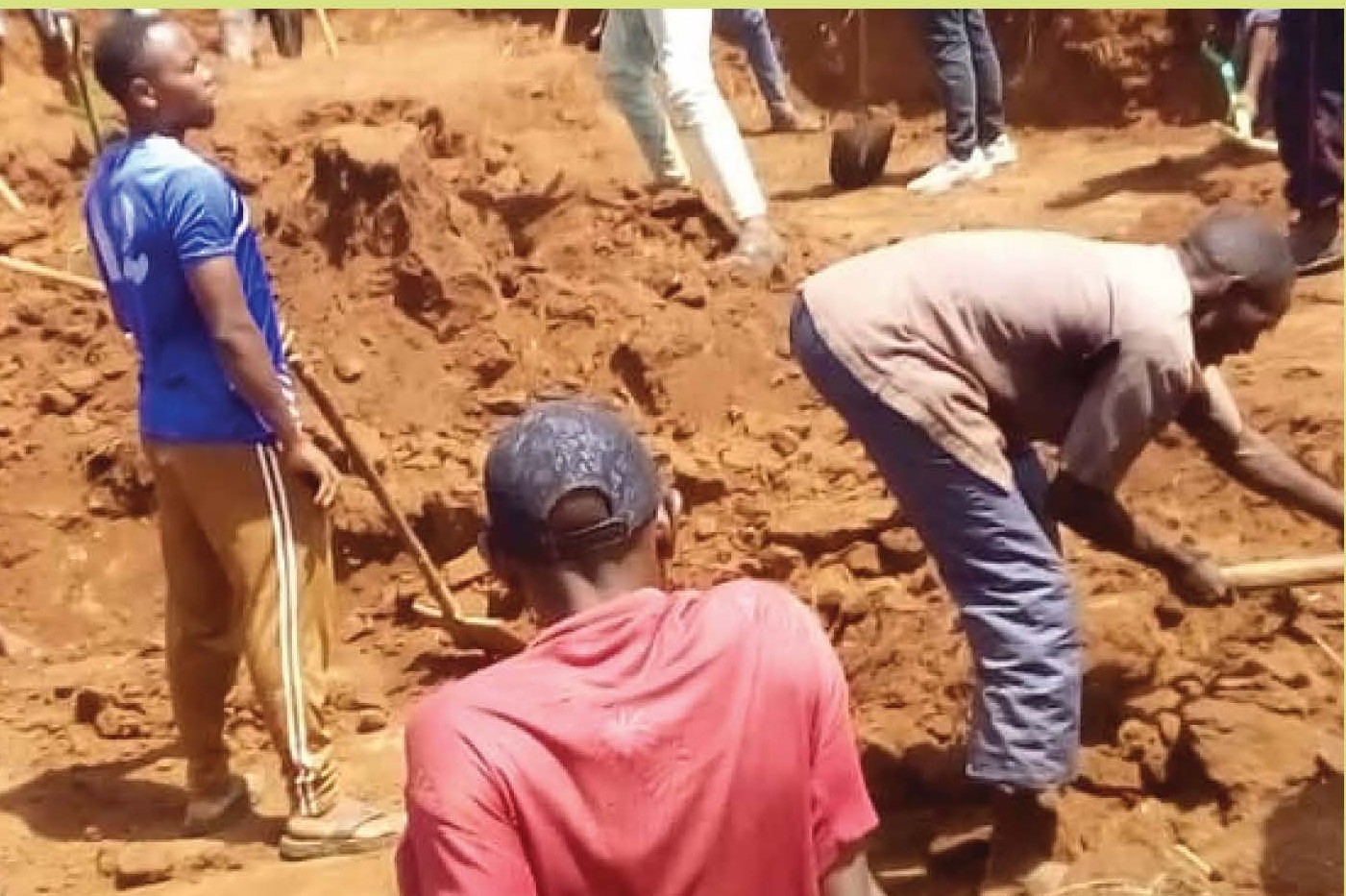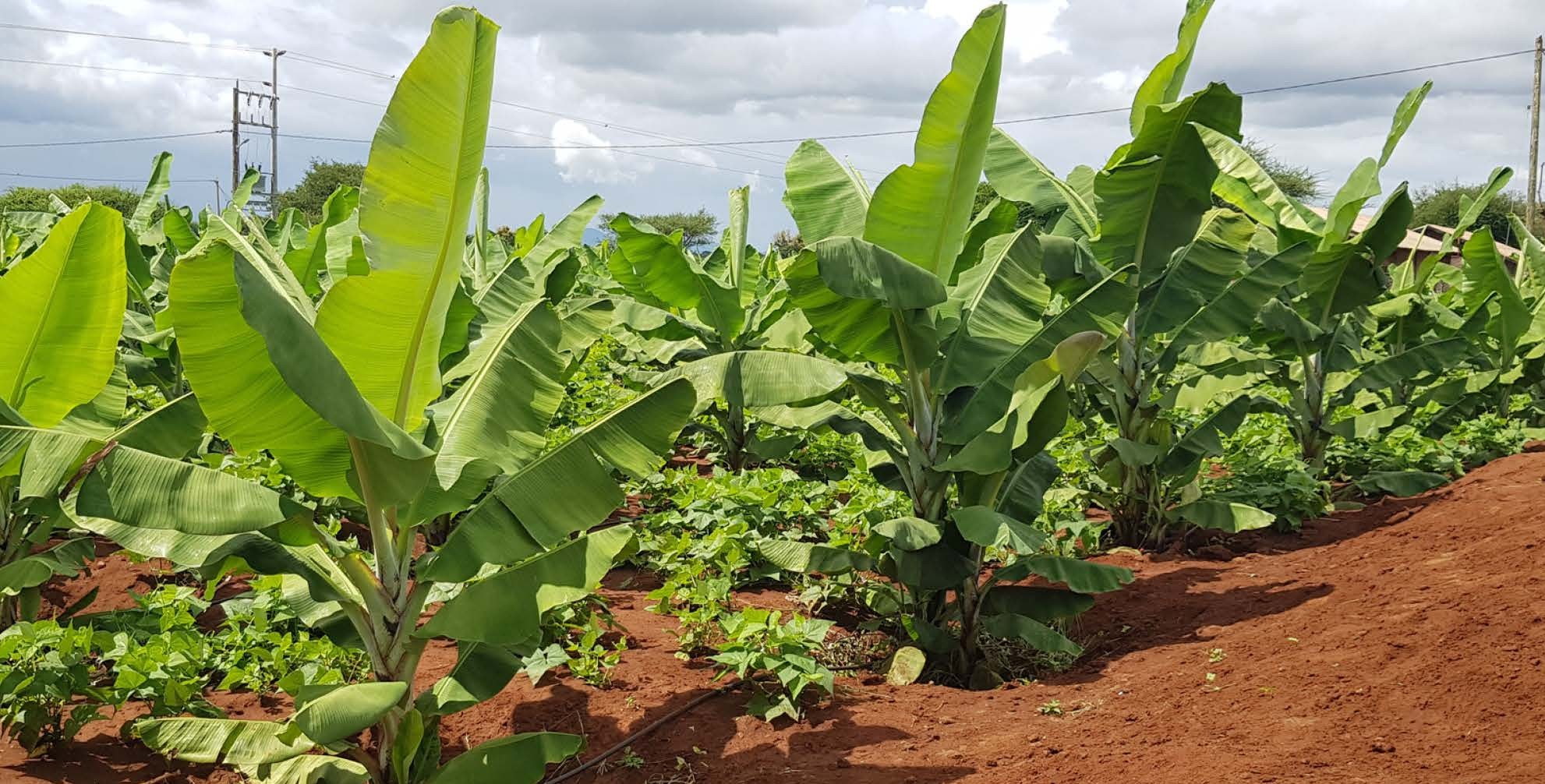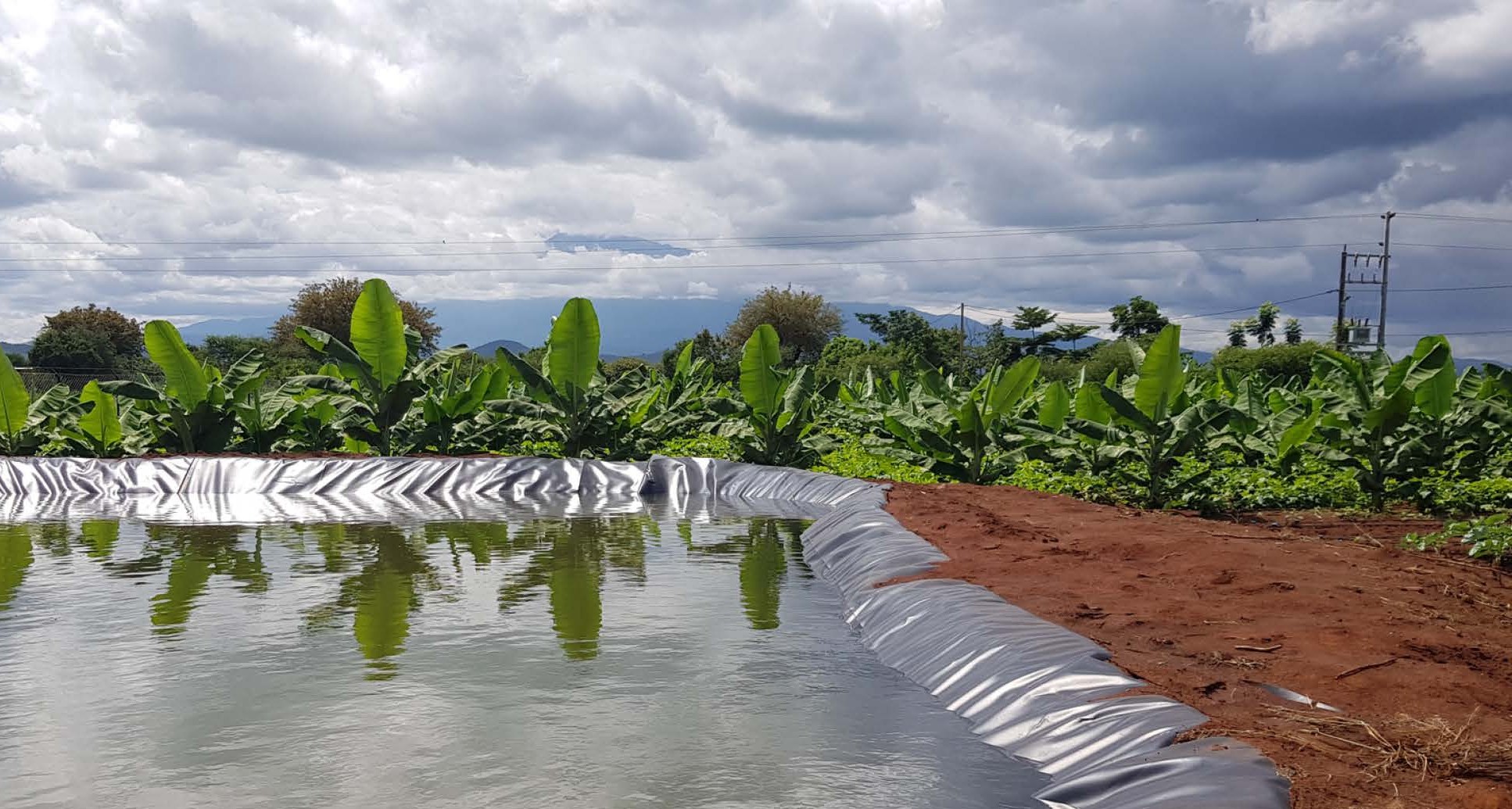It is well known that hungry children will struggle with their education and a recent project co-funded by Meeting Needs has addressed this by helping a school in Tanzania create a farm to provide a sustainable food source for 358 schoolchildren. When children fail to get the nutrients they need it can affect their health for the rest of their lives, let alone impact their ability to focus at school and retain information.
Oldendereti Primary School outside Arusha in northern Tanzania was in such a situation. Their parents and community wanted to do something about it and so decided to set up a school farm. The community consulted with a local NGO called ‘Ndoto in Action’ who had worked with Mikuyu Tanzania in the past and in December 2024, Meeting Needs advanced a grant of £4515 to pay for materials. The community leaders mobilised the community to participate in the transformation of some of the unused scrub land on the school campus. They cleared the land, dug holes for the fence poles, dug a 400,000 water reservoir and then dug 400 holes into which banana plants would be planted. This was a huge community effort.
Local builders then installed the fence around the 1.5 acre site, they lined the reservoir, built a raised platform for 10x 5,000 litre water tanks and built a “fake roof” with guttering so that rainwater could be collected. They then employed a `farm hand` and laid the drip irrigation system ensuring different sections could be turned on and off as needed. They then planted banana, mango, avocado and papaya trees, as well as beans, aubergine, peppers and assorted greens.
Now, less than 9 months later, the farm is already providing greens and vegetables for the student’s lunchtime meals, has strengthened the relationship between the community and the school and the council is eager to implement this in all schools in the region.
Ndoto in Action, whilst supervising the work, installed pipes from the local river 300 metres away and pumped 400,000 litres into the reservoir. The Chair of the School Development Committee now monitors progress, reports back to the committee and informs the teachers when crops are ready be to be harvested.
One aim of the school farm is to educate the children on agriculture through practical learning about preparing the land, planting out the seeds, the cycle of plant life, pollination; the processes of photosynthesis, the nutrient cycle, soil management, irrigation and organic pest control. The produce brings biology lessons to life. Later the students will learn bookkeeping, apply their maths knowledge and even develop marketing and sales.
As a result of the partnership with Ndoto in Action, Mikuyu Tanzania invited Agricultural and Educational Officers from Babati Town Council, along with teachers from 9 schools, to visit Arusha and see the farm. The Babati Town Council is eager that all of their schools produce supplementary food for their students but were struggling to see how it might work. As a direct result of their visit they have been inspired to provide clearer guidance on how to establish a self-sustaining school farm.
Whilst the project is still at the “work in progress” stage, it is anticipated that the fruit from between 50-60 banana trees will be sufficient to pay the wages of the farm hand, leaving 340-350 trees to provide fruit that can be either sold to cover the running costs of the farm and the school or eaten by the students. It will be a combination of both but the ratio is yet to be determined.
At the end of the rains there will be a maximum of 450,000 litres of water to irrigate the farm, and this is designed to last the full 6 months of the dry season and should ensure that the crops can be grown throughout the year.
The banana trees are expected to provide fruit towards the end of this year, the papaya will produce fruit in 2026 while the mango/avocado trees will produce their first fruit in 2029-30. All the fruit will be shared with the children. Banana trees send up “suckers” that turn into new banana trees, all surplus ones will be gifted to the students to plant at their homes.
- To learn how you can work with Meeting Needs, please contact Margaret Mann at mmann@meetingneeds.org.uk










